Keywords: Private Schools
-
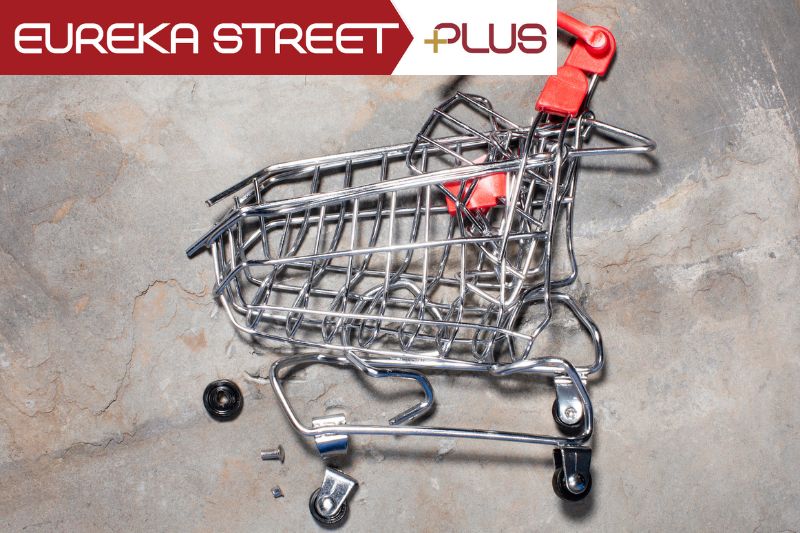
AUSTRALIA
- Claire Heaney
- 13 December 2024
For years, Coles and Woolworths have been accused of squeezing both producers and shoppers in equal measure. With new regulatory changes on the horizon and a web of inquiries underway, the supermarket duopoly finds itself under unprecedented scrutiny. But will these reforms actually lower grocery bills?
READ MORE 
-
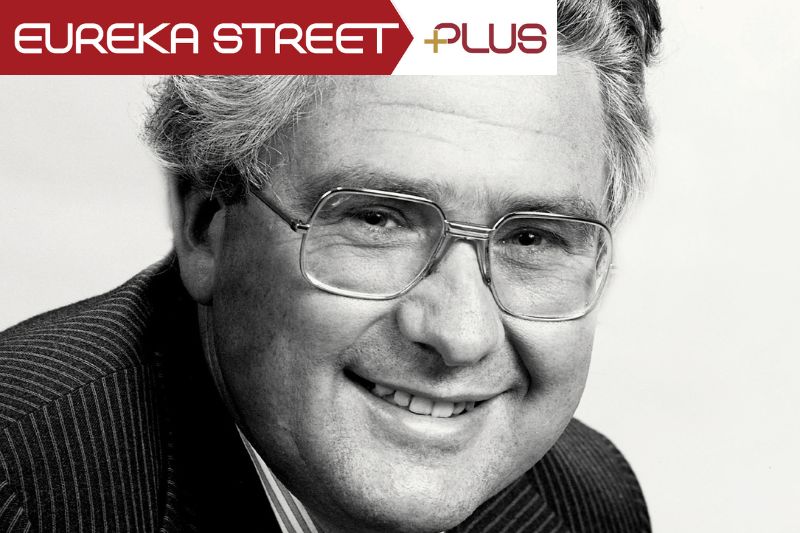
AUSTRALIA
- Andrew Hamilton
- 08 November 2024
1 Comment
The story of Race Mathews’ career will be an antidote to despair about politics and politicians. It underlines the possibilities of politics, showing how it can be more than a job or a career. It can be a calling to imagine a more just society and ways of building it.
READ MORE 
-
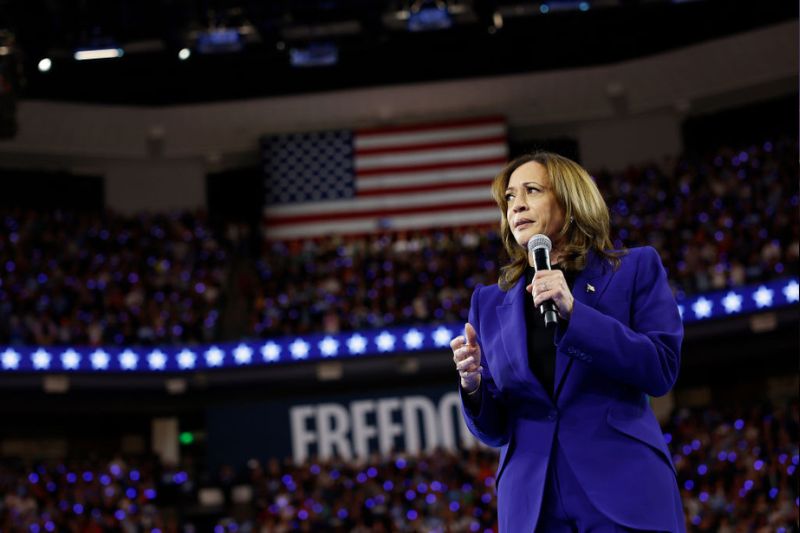
INTERNATIONAL
- Sarah Klenbort
- 21 August 2024
2 Comments
For a nation ‘conceived in liberty’, much of how this U.S. election will play out will hinge on different understandings of the word ‘freedom’, a term that has two distinct and separate meanings depending on whether the person you’re asking votes red or blue.
READ MORE
-
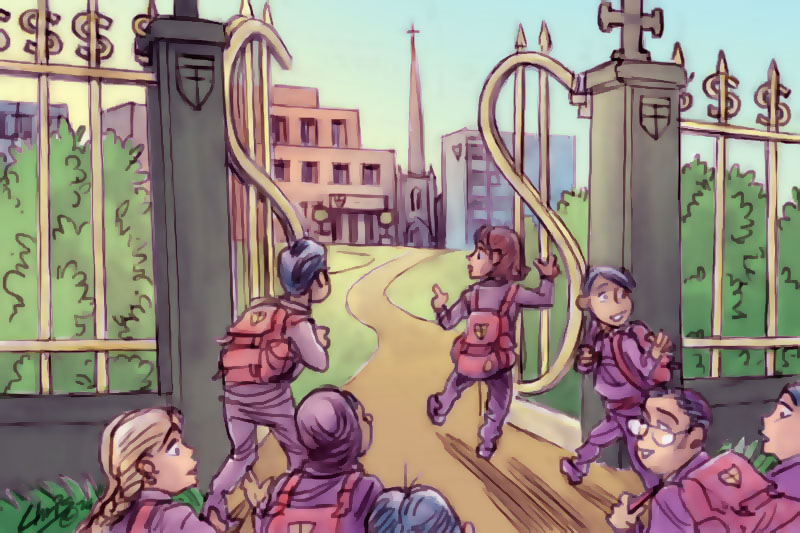
EDUCATION
- Chris Curtis
- 27 June 2024
5 Comments
In the new schools funding model, schools at the upper and middle parts of the parental income spectrum will find budgets getting tighter each year, and fees will likely increase. The worst affected schools will be those whose parents earn higher incomes but which have kept their fees low so that poorer families may also enrol their children.
READ MORE
-
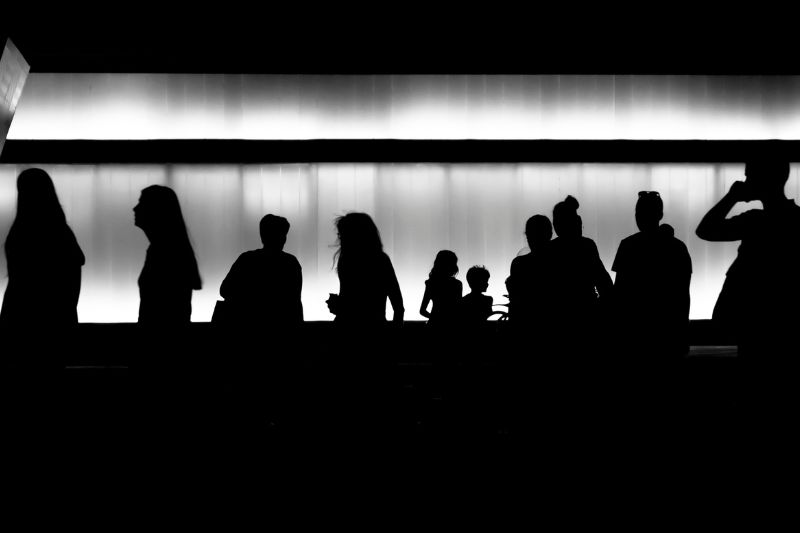
EDUCATION
- Michael Furtado
- 20 March 2024
6 Comments
As challenges to anti-discrimination exemptions are likely to persist within Catholic education, how can the government and religious institutions collaborate effectively to balance the freedom of expressing religious beliefs with safeguarding the rights and freedoms of everyone involved?
READ MORE
-
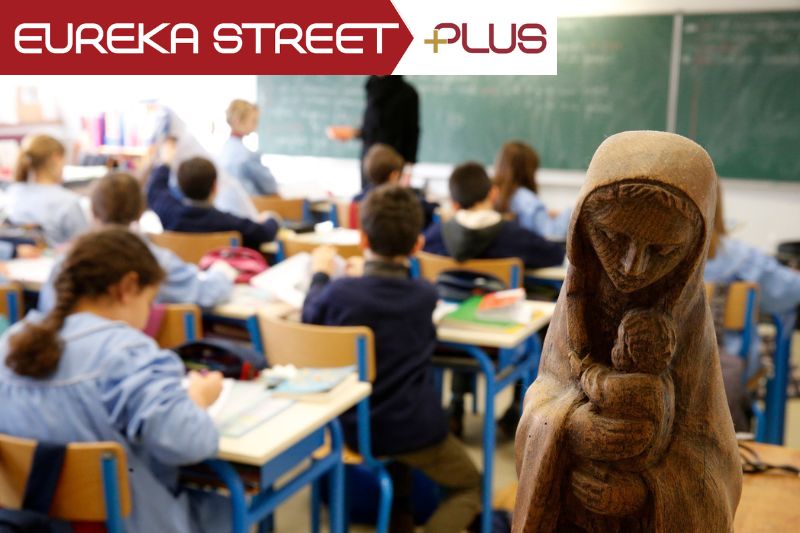
RELIGION
- Ann Rennie, Bernadette Mercieca
- 09 February 2024
5 Comments
Today, the claims of Christianity are no longer common knowledge among a Catholic student cohort that comes from many faith traditions and none, but the Catholic school has a place for them all. Has the classroom become the ecclesial face of the Catholic Church in the 21st Century?
READ MORE 
-
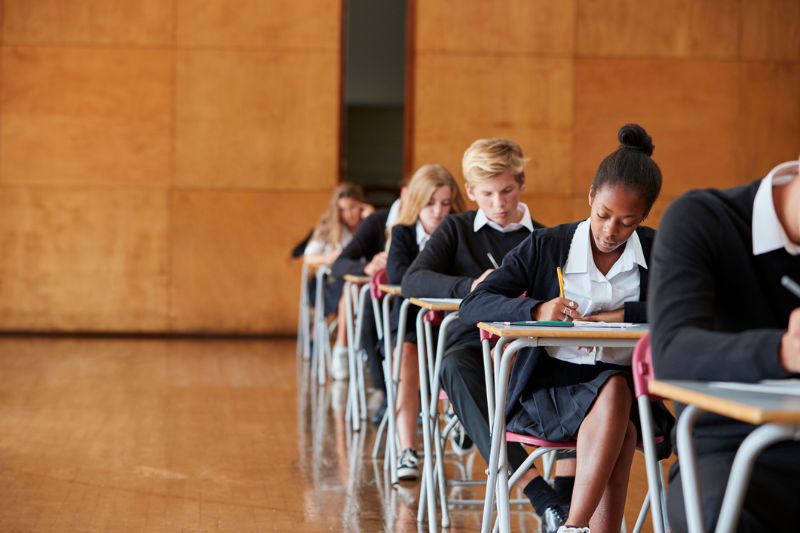
EDUCATION
- Erica Cervini
- 13 December 2023
3 Comments
As Australian students receive their year-end academic results, a stark educational divide comes into focus, with high-fee-paying private and selective government schools leading the ranks. This trend highlights significant socio-economic disparities across the country, raising urgent questions about the accessibility and true cost of academic excellence in a nation grappling with inequality.
READ MORE
-
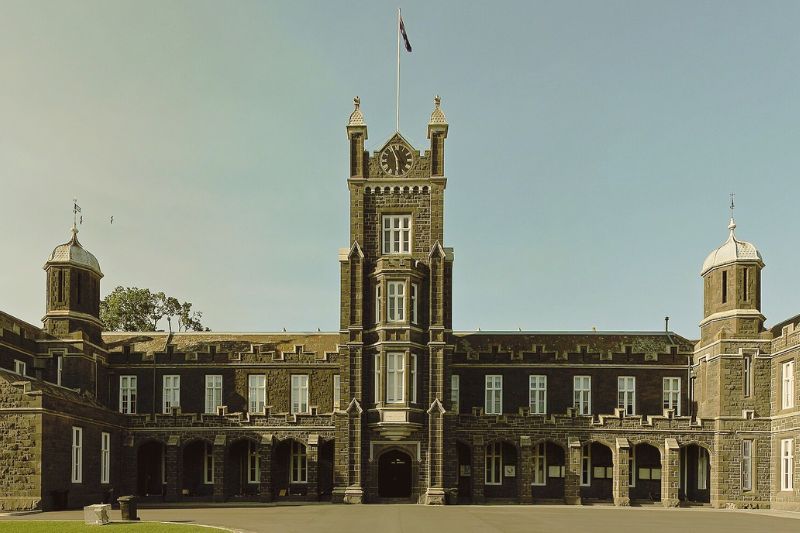
EDUCATION
- Chris Curtis
- 29 November 2023
6 Comments
Australian school funding is full of common misconceptions, and creating a rational, just, and effective school funding model requires cutting through media-driven inaccuracies to understand the real needs of Australian students and schools.
READ MORE
-
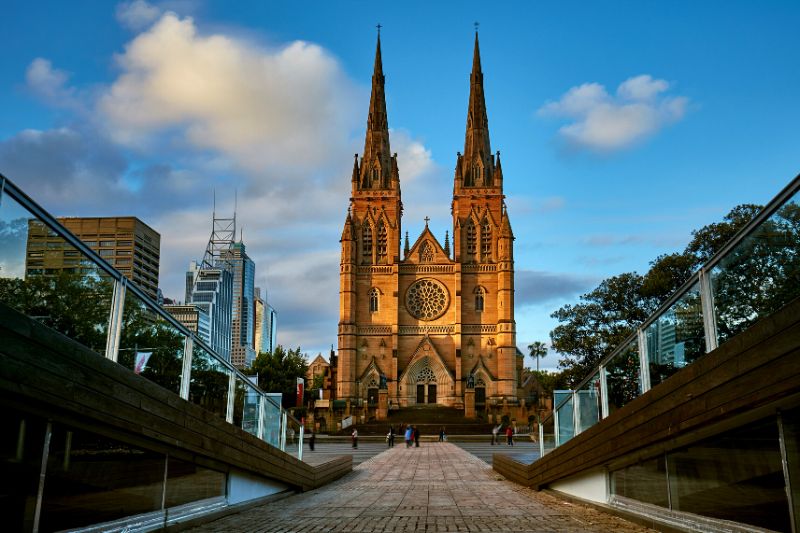
RELIGION
- John Warhurst
- 14 November 2023
11 Comments
Religion and politics are frequent bedfellows. Despite many clerics and bishops holding strong political views, and many lay Catholics being active within political parties, the successful embrace of synodality depends upon finding middle ground, and leaders who respect a diversity of views.
READ MORE
-
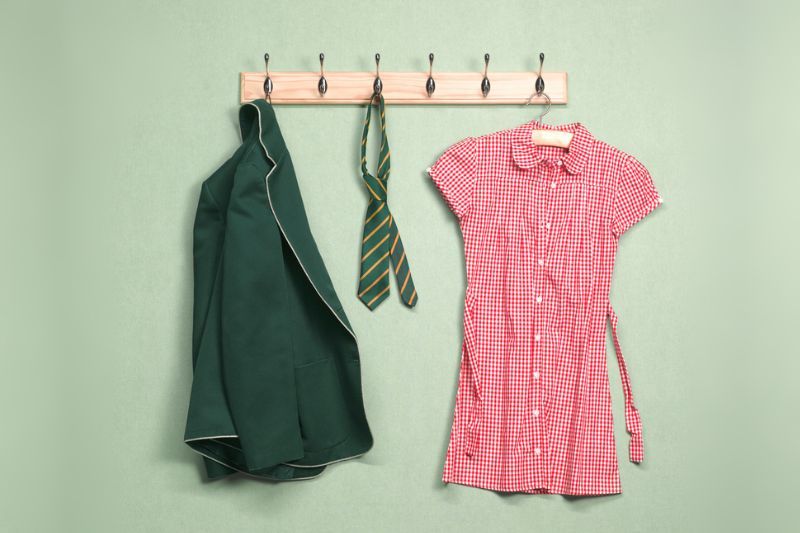
EDUCATION
- Sarah Klenbort
- 11 October 2023
9 Comments
Parents face a complex choice: public or private schooling? Overcrowded public classrooms contrast with well-funded private institutions, revealing inequalities in educational resources. Australia's educational landscape reveals not just a tale of two school systems but the underlying values and priorities of a nation.
READ MORE
-

EDUCATION
- Michael Furtado
- 28 September 2023
38 Comments
As Australia grapples with educational inequality, those in the Catholic education system must ask: how do we test for a clear commitment to Catholic Social Teaching and the seminal role it plays in enunciating the guiding principles of Catholic education, particularly in regard to it being offered, ‘first and foremost … to the poor’?
READ MORE
-
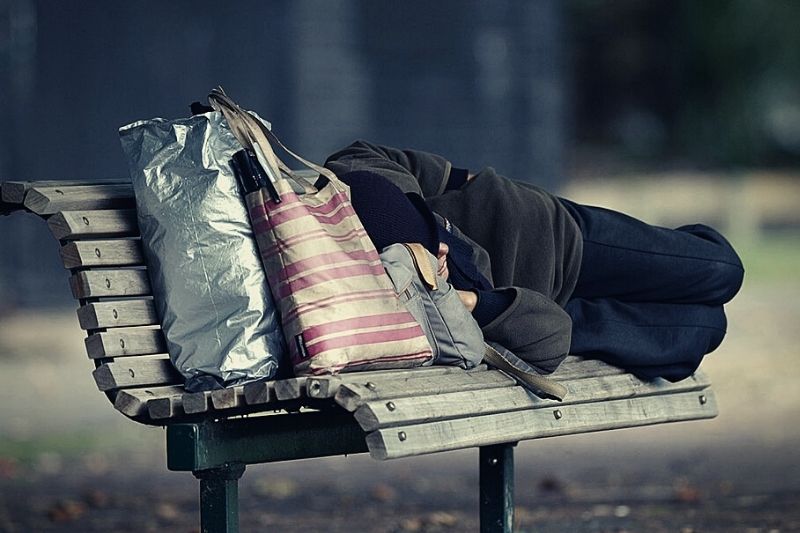
AUSTRALIA
- Andrew Hamilton
- 09 August 2023
7 Comments
The crisis of homelessness is no longer distant; it's a grim reality affecting friends, families, and even white-collar workers. As housing costs soar, a report paints a bleak picture with the demand for accommodation skyrocketing. This Homelessness Week, the question is not just how we define homelessness, but how we respond to its profound impact.
READ MORE